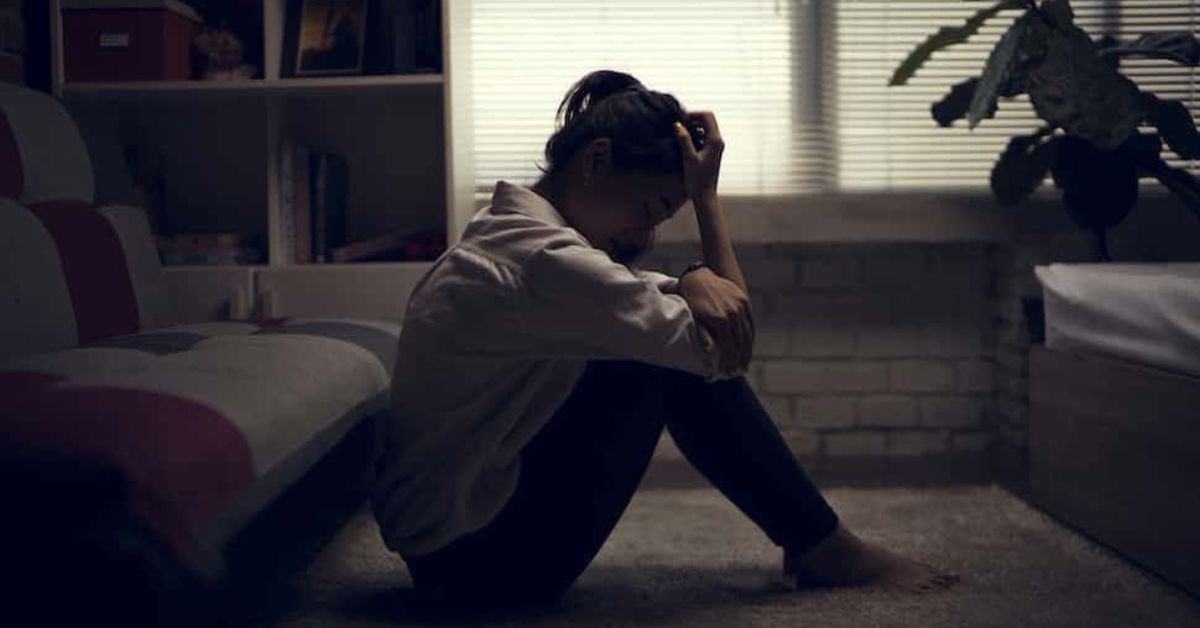In the world of budget travel, motels can offer the convenience of affordable lodging. However, for some travelers, staying in certain motels brings an unsettling phenomenon that has come to be known as “Parasited Motel Malaise.” This term captures the mix of physical, psychological, and environmental discomforts that guests may experience, often leaving them more drained than when they arrived. This article explores the contributing factors, the psychological toll, and tips for avoiding parasited motel malaise.
Understanding Parasited Motel Malaise: What Is It?
Parasited motel malaise is a term used to describe both the physical and mental discomfort experienced in rundown or poorly maintained motels. It stems from several factors, including hygiene concerns, parasite infestations, and the often isolating and eerie environment common in older motels.
This malaise is both a literal and metaphorical condition:
- Literal Malaise: Guests may experience physical symptoms from exposure to dust mites, bedbugs, and other unwelcome organisms that often thrive in neglected accommodations.
- Metaphorical Malaise: Beyond physical ailments, guests often describe an emotional toll—heightened stress, a sense of isolation, and a pervasive discomfort or anxiety linked to the motel’s atmosphere.
Also Read: Narissa Thelo and Fitness-Talk.net: Approach to Wellness
Common Contributors to Parasited Motel Malaise
There are multiple factors that contribute to parasited motel malaise, each playing a role in the overall unease and discomfort that guests experience:
Parasite Infestations
- Bedbugs: Bedbugs are one of the most common complaints in low-budget motels. These parasites can cause itchy, red bites, and for some, allergic reactions that result in severe itching or hives. Bedbug infestations can persist in mattress seams, headboards, and even in carpeting.
- Dust Mites: Invisible to the naked eye, dust mites are often present in mattresses, bedding, and furniture, especially in humid environments. They don’t bite, but they can trigger allergic reactions like sneezing, itchy eyes, and coughing.
- Fleas and Lice: These parasites, while less common, may also infest rooms, particularly if previous guests had pets. Fleas and lice bites can cause itching and swelling, further worsening the malaise.
These infestations not only cause physical discomfort but also contribute to a deep psychological unease, as the idea of sharing one’s sleeping space with parasites is inherently distressing.
Environmental Neglect and Isolation
Older motels that have seen minimal upkeep may look outdated or even abandoned. Features such as dim lighting, peeling wallpaper, and worn-down furniture contribute to an atmosphere that feels neglected, impacting the mood and sense of safety for guests. For solo travelers, the sense of isolation in such environments can heighten anxiety and create a feeling of being “trapped” in an eerie, unwelcoming space.
Psychological Impact of Poor Atmosphere
The psychological discomfort can be profound. Motels have long been depicted in horror films and crime shows as unsettling, liminal spaces, which influences how travelers perceive them. The minimalist, sometimes claustrophobic room layouts and lack of personalization can exacerbate a feeling of detachment and unease, particularly in rooms with dark hallways, poor ventilation, or outdated, utilitarian decor.
Health Implications of Parasited Motel Malaise
The health implications associated with parasited motel malaise are both physical and psychological:
Physical Health Impacts
- Allergic Reactions and Skin Irritations: Exposure to bedbugs, dust mites, and fleas can lead to skin irritation, redness, and in severe cases, allergic reactions requiring medical attention. Scratching bites increases the risk of secondary infections.
- Respiratory Issues: Dust mites can exacerbate asthma symptoms, causing respiratory discomfort and sneezing, especially in sensitive individuals.
- Secondary Infections: Continuous scratching of bites can lead to open sores, which may become infected without proper treatment.
Psychological Toll
The sense of discomfort goes beyond physical symptoms. Knowing that the room might harbor parasites can create a pervasive anxiety and fear of contamination. Studies have shown that poor sleeping conditions can lead to increased stress, insomnia, and in extreme cases, travel-related anxiety, which may discourage individuals from using budget accommodations in the future.
Also Read: MPI-CBG and Frédéric Bonnet: Leading Molecular Biology
Avoiding Parasited Motel Malaise: Tips for Travelers
Although avoiding low-budget accommodations entirely may not be feasible, there are steps travelers can take to minimize the risk of experiencing parasited motel malaise:
- Inspect the Room First: Upon entering the room, check bedding, mattresses, and carpets for signs of bedbugs, such as tiny reddish-brown stains or the presence of small, reddish bugs. Look for signs of cleanliness in the bathroom and any upholstered furniture.
- Check Reviews Online: Before booking, read reviews from previous guests to see if there are mentions of cleanliness, pest issues, or unsettling atmospheres. Many travelers now share these details on booking sites, making it easier to assess a motel’s condition in advance.
- Bring Protective Gear: Consider packing bedbug-proof covers for pillows and mattresses. You might also bring disinfectant wipes or sprays to clean surfaces upon arrival.
- Keep Luggage Elevated: To reduce the risk of bringing home parasites, keep luggage on hard surfaces or luggage racks instead of the bed or carpet. When possible, avoid unpacking clothes and leaving them in drawers.
- Prioritize Air Quality: Many older motels lack adequate ventilation. Using a portable air purifier or keeping a window slightly open (if safe) can improve air quality and reduce the presence of dust mites.
Long-Term Psychological Effects of Motel Malaise
Experiencing parasited motel malaise can have a lingering psychological impact on travelers, particularly if they develop a fear of lodging in motels or budget accommodations. The feeling of unease can lead to stress or even travel-related phobias, as individuals may grow increasingly wary of potential infestations and discomfort. Repeated experiences of parasited motel malaise might discourage some travelers from using budget accommodations altogether, impacting their approach to future travel.
Conclusion
Parasited motel malaise highlights a very real phenomenon that combines both physical and psychological discomfort in budget accommodations. By understanding the potential risks and taking preventive steps, travelers can protect themselves from the unpleasant effects associated with neglected motels. Awareness and vigilance are key, as early detection of infestations and a proactive approach to cleanliness can go a long way in reducing the risks associated with parasited motel malaise.
Also Read: Recuperbate: A Comprehensive Guide to Natural Recovery



